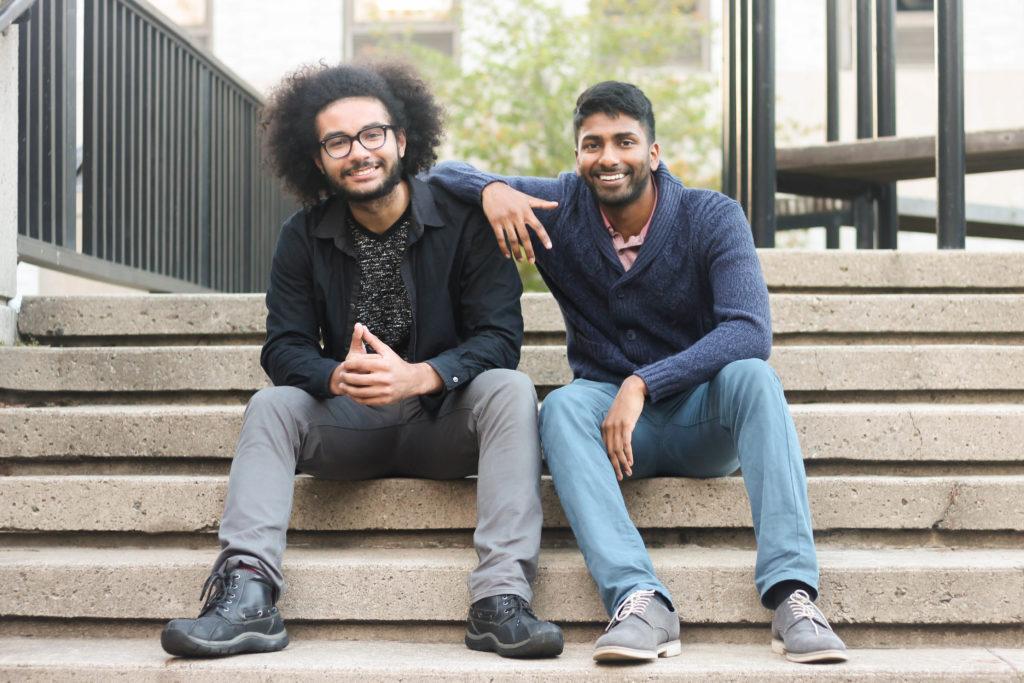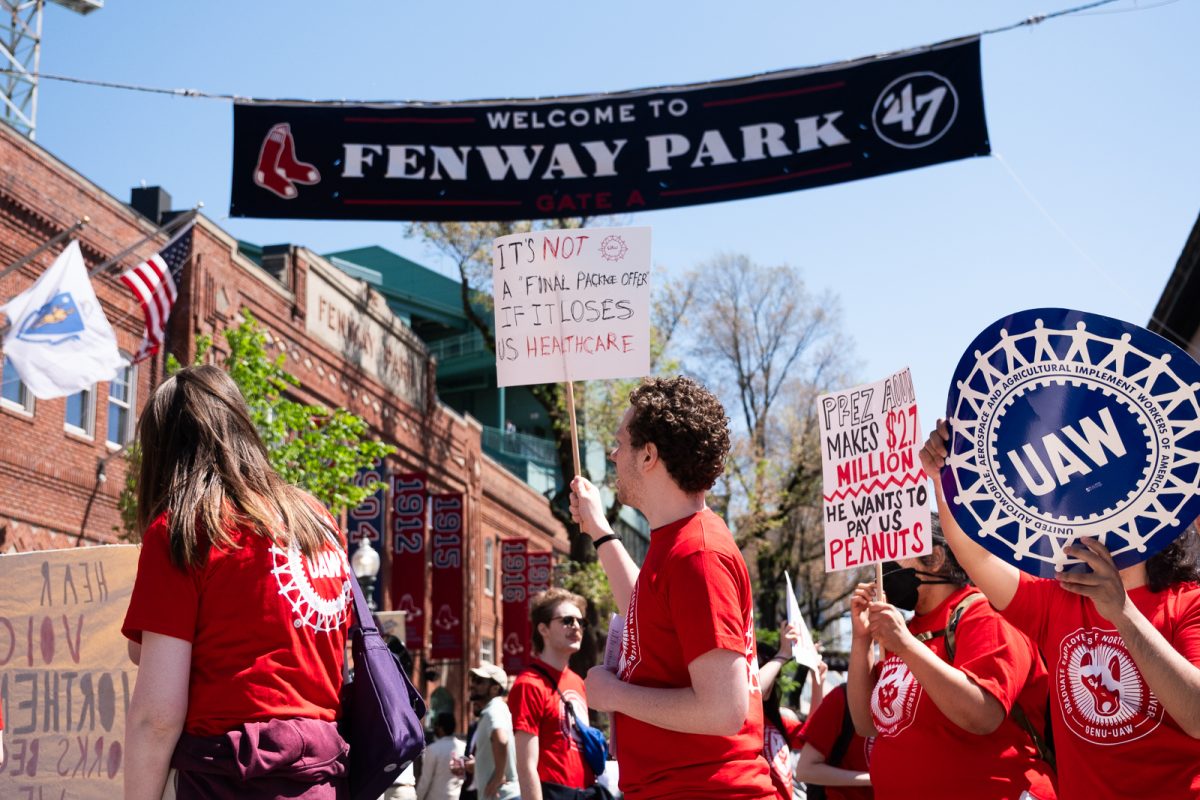Students produce podcast on 80s crack cocaine epidemic
October 6, 2016
This fall, two Northeastern students are releasing a weekly podcast called “Colored: Crack Cocaine, the War on Drugs and the Making of Post-Civil Rights America.” The podcast examines how the political, social and economic climates in the 1980s contributed to the crack epidemic of that decade.
The first episode was released Sept. 15. New episodes will be released every Thursday and will be available on SoundCloud, iTunes and coloredpodcast.com.
The project compiles interviews with 30 people, including community members in Boston and academics who are based in and outside of Boston.
“The topic of crack cocaine and the War on Drugs is representative of larger issues of how we deal with race in our society,” said Joe Taché, a junior entrepreneurship major and one of the creators of the podcast.
Taché and Prasanna Rajasekaran, a junior economics major and the co-creator of the podcast, received funding for the project from a research grant through the University Scholars Program, of which they are both members. The students applied for the grant in March of this year and were awarded the money in May.
The podcast begins by examining how the militarization of police by Lyndon Johnson in the 1960s and the initiation of the war on drugs by Richard Nixon in the 1970s shaped the United States government’s response to cocaine addicts in the 1980s.
“Instead of treating them like addicts, like patients, they would treat them like drug fiends, criminals,” Rajasekaran said. “They would call them crackheads, they came up with the term crack babies, so there were all these extremely negative connotations attached to crack users who were predominantly conceived to be black at the time.”
The podcast will be a series of seven episodes, plus an introductory episode, Episode 0, in which Rajasekaran and Taché said that they wanted to make a contribution in the fields they have studied during their time in college.
“As [juniors] at Northeastern, they really wanted to do something to give back to the Northeastern community, not just the campus community, but the surrounding communities,” said Sarah Jackson, a Northeastern communication studies professor and the advisor to the project.
According to Jackson, Rajaskaran and Taché thought that an internet-accessible podcast would conveniently reach the community whose voices they aimed to highlight.
Rajasekaran, who grew up in a mostly-white upper-middle class suburb, said the proximity of his hometown to Ferguson, Missouri—the site of racially charged protests in the wake of the shooting of Michael Brown in 2014—sparked his interest in racial issues.
“I started to think about race more critically, and the fact that Ferguson was happening 40 minutes away from my house but it felt like it was happening in a completely different world,” Rajasekaran said.
In their podcast, Rajasekaran and Taché refer to the issues surrounding cocaine usage in the 1980s as a “scare” instead of the rhetoric used during the period of the War on Drugs.
“By avoiding that sensationalist language that was used around it, like epidemic and plague, that’s something important to us, and still acknowledge the fact that this was something that happened and had real effects and the response to it had very real effects as well,” Taché said.
“I listen to the podcast, and I’ve learned things from the podcast,” Jackson said. “I really hope everybody will listen to it.”
Photo by Leila Habib
Correction: A previous version of this story said Rajasekaran was an entrepreneurship major.







